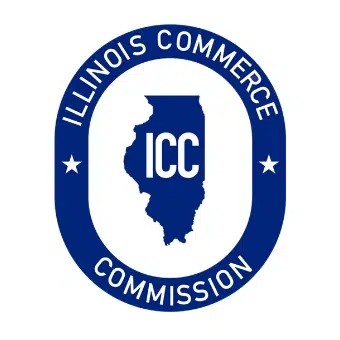The Illinois Commerce Commission (ICC) is reminding consumers that Illinois’ winter weather rule is now in effect until March 31. The winter weather rule prohibits utilities from disconnecting eligible customers who use electric or gas as their primary source of home heating.
ICC Chairman Doug Scott says frigid winters are a given in Illinois. The state’s winter weather rule offers peace-of-mind for individuals and families who might otherwise be struggling to stay warm during the coldest months of the year.
To protect Illinoisans during dangerous cold, Low Income Home Energy Assistance Program (LIHEAP) and Percentage of Income Payment Plan (PIPP) participants; electric space heating customers; and military personnel and veterans cannot be disconnected if they fall behind on their utility bills. The rule excludes disconnections related to theft, tampering, or safety.
The cold weather rule also protects residential customers from disconnections when temperatures are forecasted to be at or below 32 F, and on days preceding holidays and weekends when the forecast is expected to drop to freezing.
To protect against disconnection, customers with past due balances should contact their utility to enroll in a Deferred Payment Agreement (DPA). If your electric or gas service has already been disconnected, contact your utility directly to see if you qualify for reconnection at less than the full amount owed.
Households struggling to pay their utility bills are encouraged to apply for LIHEAP annually with the Illinois Department of Commerce and Economic Opportunity.
Ameren, Nicor, North Shore, and Peoples Gas natural gas customers who qualify for LIHEAP or whose incomes are at or below 300 percent of the federal poverty line are eligible for a monthly discount on their gas bills through the state’s new low-income discount rates.
Enrollment in the programs mentioned above is free of charge, and customers can access LIHEAP benefits regardless of immigration status.
Contact the ICC’s Consumer Services Division at 1-800-524-0795 for further guidance or to file a complaint against your utility.


